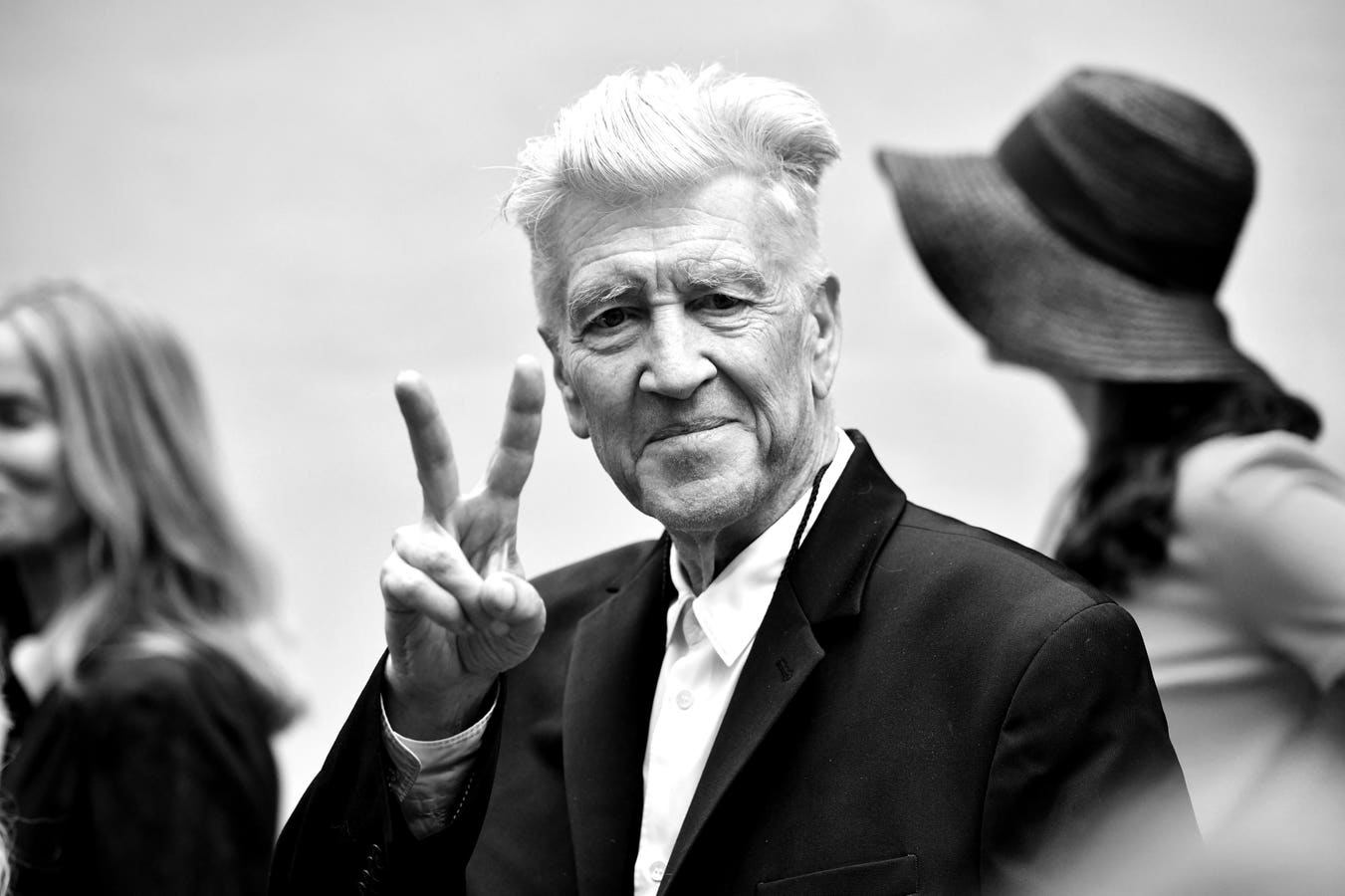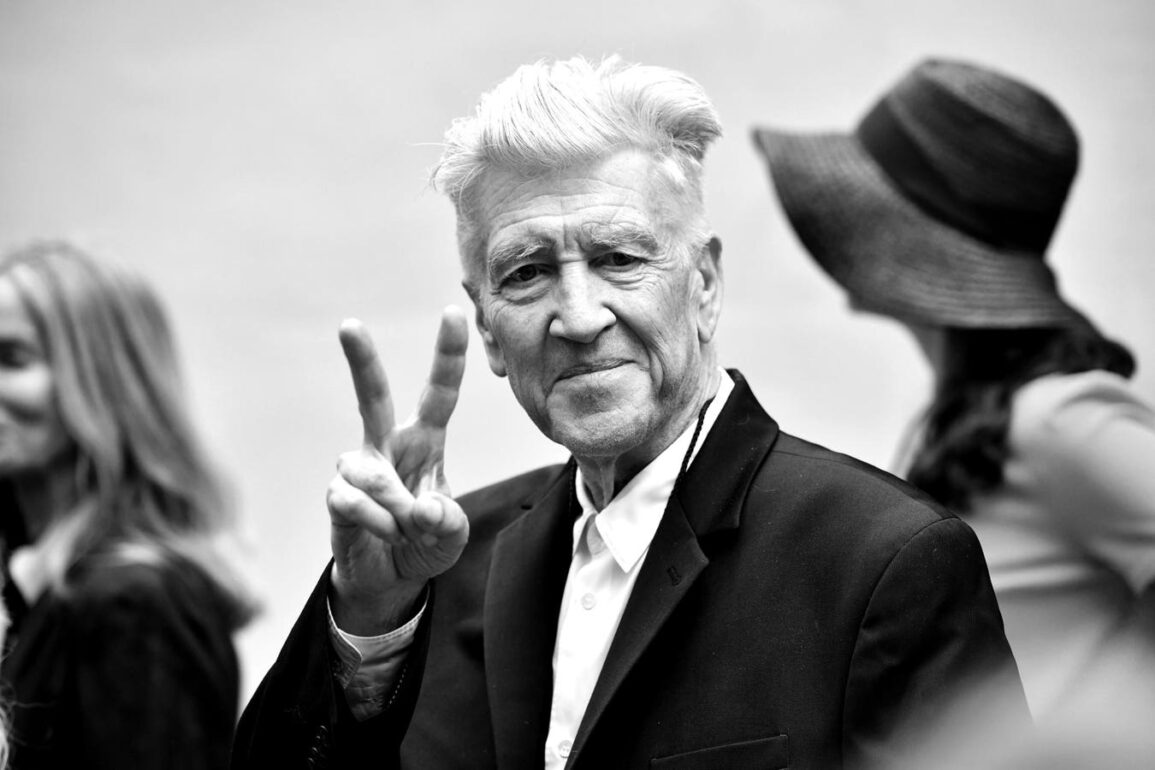
Some sad news to kick off the year: movie and television director David Lynch died at the age of 78. The visionary behind Twin Peaks, Mulholland Drive, and Blue Velvet passed away following last year’s reveal of his emphysema diagnosis.
Amidst the sorrow, there are also rays of light. After the news broke, social media and the internet burst into life with tributes about David Lynch in a show of collective mourning. Whether it was sharing stories, clips from his work, or even memes, swathes of the online world were united in grief.
David Lynch’s passing displays how social media can operate as a much-needed channel for suffering—especially for those who may struggle to express it elsewhere.
Before we examine this, let’s look a little bit at the man himself.
Who Was David Lynch?
Born in Missoula, Montana, in 1946, Lynch began his artistic career a painter and visualist. After moving to Lose Angeles in 1970, he began experimenting with moving images, enrolling in the American Film Institute Conservatory.
David Lynch’s first full-length movie was 1977’s Eraserhead—which was the beginning of a long and fruitful career.
He was nominated for three Academy Awards for Best Director; The Elephant Man, Blue Velvet and Mulholland Drive.
Although this piece isn’t directly focused on David Lynch’s life or legacy, it’s important to note that his surrealist take on cinema was as influential as it was beloved. To many, he was a creative and aesthetic inspiration.
And this goes some way to explaining the torrent of love from social media.
How Has The Internet Reacted To David Lynch’s Death?
In simple terms, there’s been an outpouring of grief—although this has come in a variety of forms.
One common trend has seen other celebrities and filmmakers commentating on his influence, such as John Carpenter, director of The Thing:
Others accounts have shared straightforward tributes:
While some people are posting their favorite clips from David Lynch’s work:
And others are sharing either writing by him, or about him:
There are also a few light-hearted jokes and memes circulating:
These tweets alone have been viewed millions of times, and David Lynch has been trending on all major social platforms. People have come out in their droves online to celebrate Lynch’s life, and let’s delve a bit deeper into why that is.
What Does The Internet’s Reaction To David Lynch’s Death Mean?
Many people view social media as a divided and dangerous place. Indeed, Pew Research Center found that 64% of Americans believe social media has had a largely negative effect on the United States.
While it’s hard to argue that the internet is all sunshine and lollipops, the reality of its impact is far more ambiguous. Yes, social media has been responsible for some negative things, but there an array of positive outcomes too—and the news about David Lynch displays that.
“Grief [is] a taboo topic that pushes people to try to cope with their grief independently,” write the researchers behind a study entitled “Grieving Online.”
Individuals can often feel delegitimized, or even guilty, when they experience grief, and decide to suffer alone—which can make things worse. This can be magnified when a public figure dies.
Most people are aware they didn’t actually know the famous individual, yet if the work of that figure had a profound impact on their lives, it can feel as though they did. The emotion of loss is still strong and vivid, despite the lack of direct connection.
This is a complex feeling—and one social media can help manage.
“The internet and anonymous social networking sites like Reddit allow people to grieve in a way they are not able to otherwise,” say the researchers behind “Grieving Online.”
Effectively, social media allows people to mourn in whatever way they feel fit, without worrying about judgement from those close to them.
The American Psychological Association encourages people to discuss and vocalize their grief in order to manage it, and the internet operates as a place where people can channel this emotion.
It might be hard to explain to, say, older family members about why someone like David Lynch was important to you, yet there are many people on social media who feel the same way. Interacting with them and forming a community can help express and manage grief.
Death is distressing, yet it’s also a natural part of life, something we all have to deal with. What social media can offer, though, is another avenue, a chance to mourn and celebrate the life of someone you cared about in a broadly private, yet communal, setting.
The internet isn’t just chaos, it can also be a place of harmony, affection, and love. And, with that in mind, rest in peace, David Lynch.
This post was originally published on this site be sure to check out more of their content








